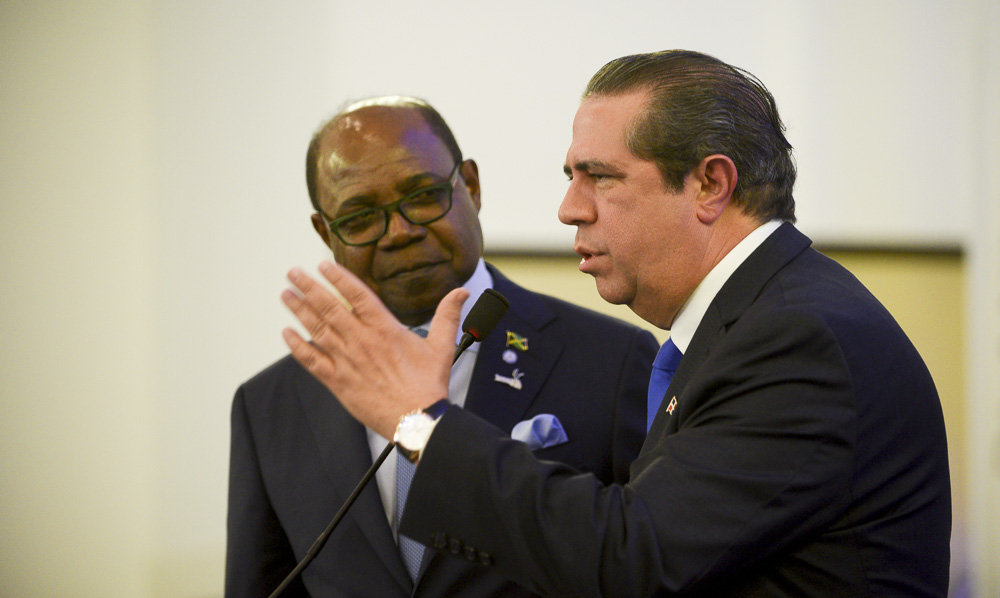This post may contain affiliate links. We may earn money or products from the highlighted keywords or companies or banners mentioned in this post.
On the first anniversary of the Michelle Bachelet government, tourism undersecretary, Javiera Montes, noted that the sector “is a strategic priority of this government.”
The official assessed the year’s achievements against this background, stressing that during this period “the sector has been part of important policies to address the economic downturn through the Sustainable Tourism Development Plan, which has a $100 million fund to promote tourism over the next four years.”
She also noted that the presidential mandate encouraged social tourism, as seen in 2014 with the increased allocations to Study Tour programs, which benefited more than 20,000 young people, and to Golden Age Vacations, which benefited more than 50,000 older adults.
The tourism undersecretary also highlighted the recently launched Family Vacation program, which is expected to enable some 2,000 families to travel around the country. “Our social programs are also part of the social right to leisure, culture and entertainment,” Montes said.
Between 2015 and 2018 resources for international marketing will be doubled in order to make tourism more visible in Chile and more competitive worldwide. In 2015, additional resources will be invested in promotional activities in three major markets: the US, Brazil and Argentina.
According to Montes, over the next three years, the development of tourism products will be boosted to enable the emergence of an innovative range of activities and products at the destination. This will include traditional cultural elements to achieve diversification and fill the gaps in this area.
In 2015, public infrastructure will also be put in place: trails, observatories, hostels and parking for four national parks. In the next few years, heavier infrastructure will be installed – centers for interpreting, bathrooms, nurseries – which will be constructed through planning agreements with regional governments.
A new regulation will be put in place to govern the operations of Areas of Tourist Interest (ZOIT) to give more prominence to municipalities and regional administrative offices of SERNATUR, as well as to bring about greater local participation in the joint shaping of tourism development in the proposed regions.











